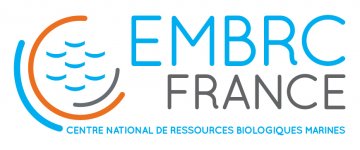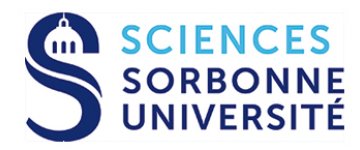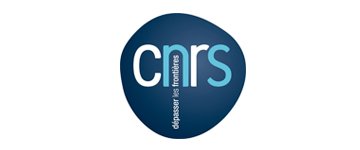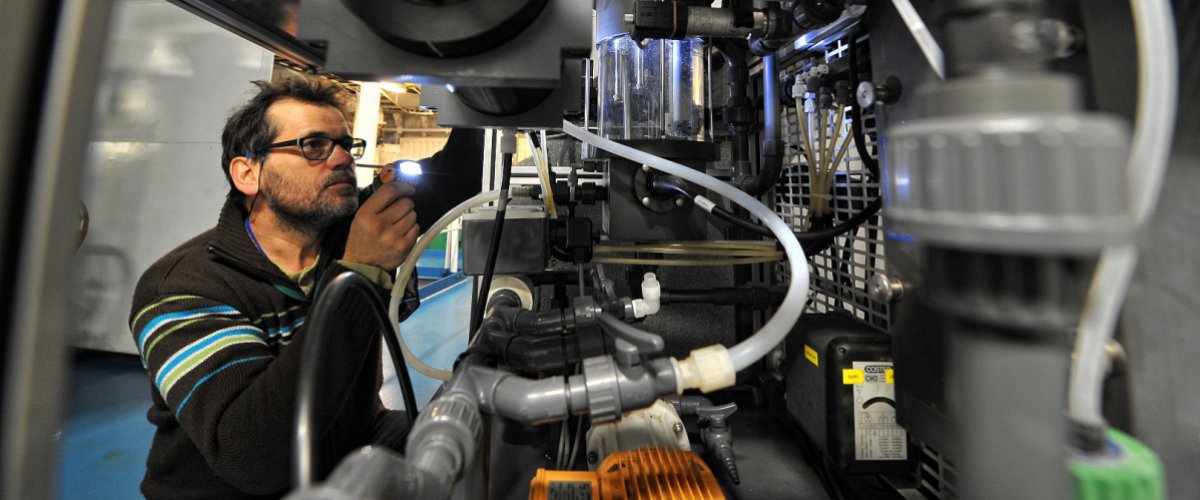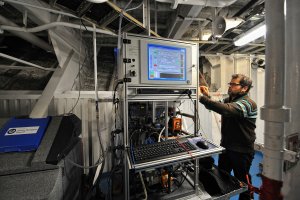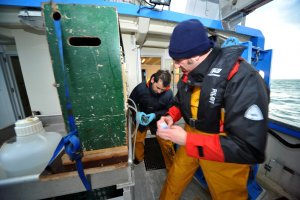MARINEXUS 2010-2014
MARINEXUS : Our shared sea Mechanisms of ecosystem change in the Western Channel

The Marinexus project is in keeping with the Interreg IVA France (Channel) - England priority to “Ensure sustainable environmental
development of the common space”. It is co-financed by european funds.
The main objective of Marinexus is to create a network of research and outreach structures, based in Plymouth and Roscoff, in order to give the public information about marine ecosystems in the Western Channel and to make them aware of the ability of these ecosystems to cope with the effects of human activity.
Our Marine Chemistry research Group has taken part of this Project through 3 axes :
FERRYBOX project
A ferrybox has been installed on Brittany Ferries’ MV Armorique. This device continuously records physico-chemical data (temperature, salinity, etc.) along the ferry’s route.
Eric Macé is in charge of the maintenance of FERRYBOX systems.
Observatory
For decades, Roscoff Observatory has been monitoring physico-chemical (temperature, nutrients, salinity, etc.) and biological (phytoplankton and zooplankton) parameters.
The data collected and analysed jointly by French and English research groups are used to improve our understanding of the long-term trends in these parameters in the context of global change. Both offshore and coastal sites are monitored in Brittany and in England.
Thierry Cariou and Eric Macé sampling onboard the Néomysis.
Scientific Mediation
By increasing awareness of the marine environment among the general public, including schoolchildren, the Marinexus project hopes to promote changes in behaviour towards these poorly understood ecosystems.
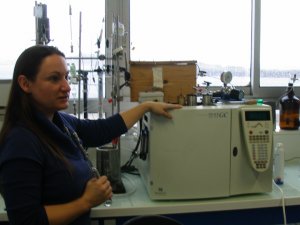
Heightened awareness should lead to real efforts to protect the environment. Furthermore, the knowledge generated within Marinexus is provided to stakeholders (elected officials, local governments, associations, etc.) and involving stakeholders in seminars should help them make better informed decisions when they are confronted with projects or activities that can have an impact on the marine environment, e.g., coastal construction projects, water and energy resource management, establishment of fish or shellfish farms, effects of pollution generated from agricultural or industrial activities.
Laure Sevin, member of the Roscoff Marine Chemistry Research group, interacting with schoolchildren.
